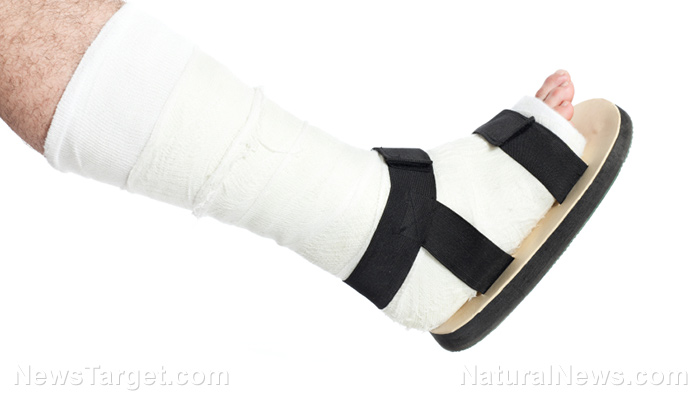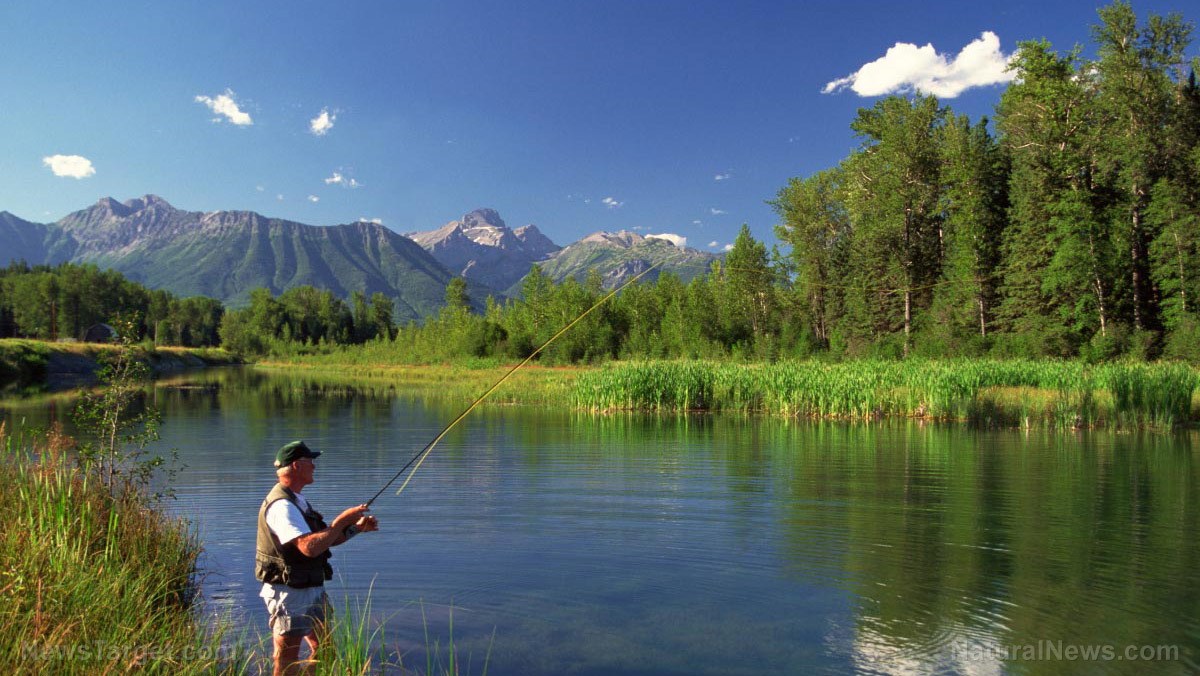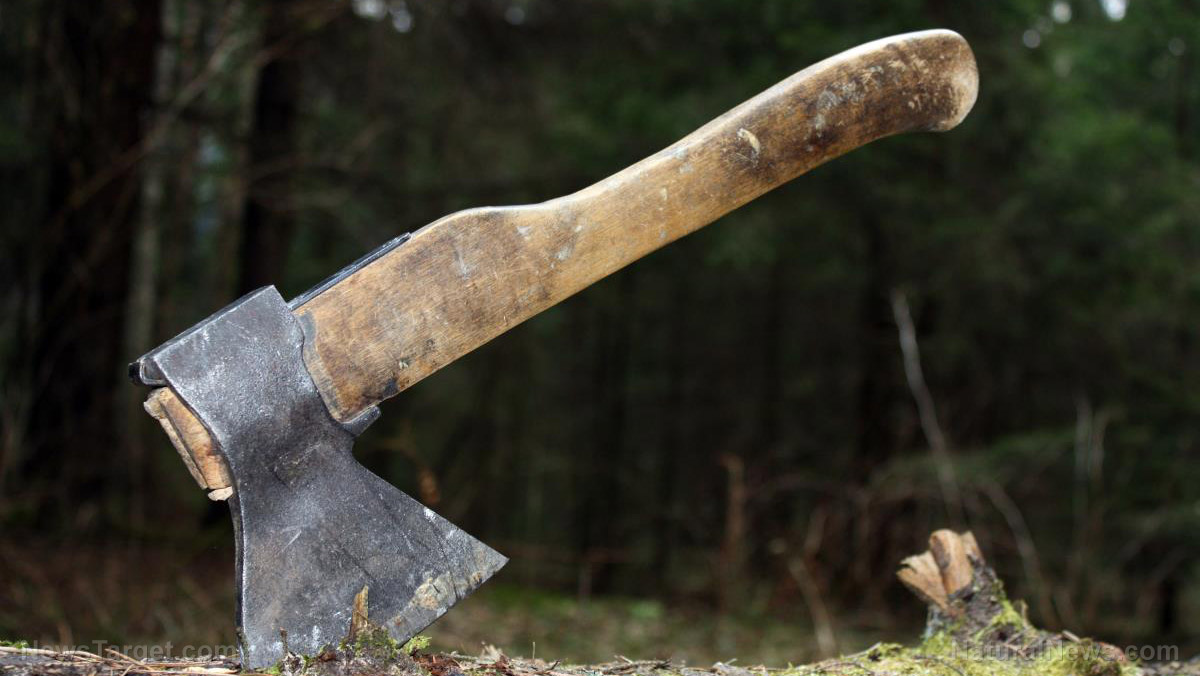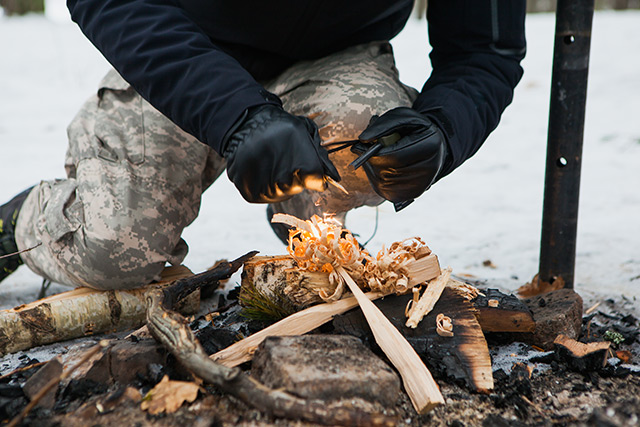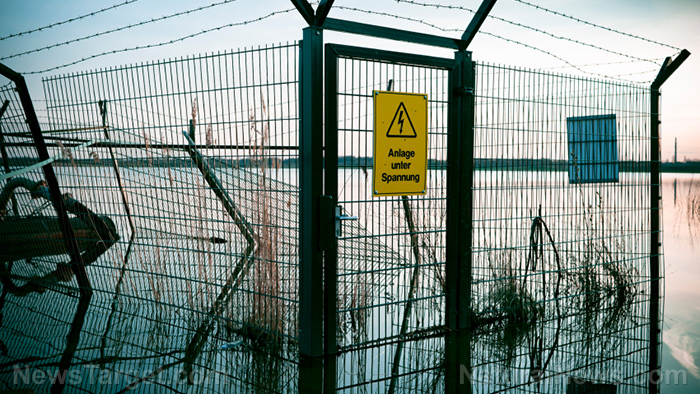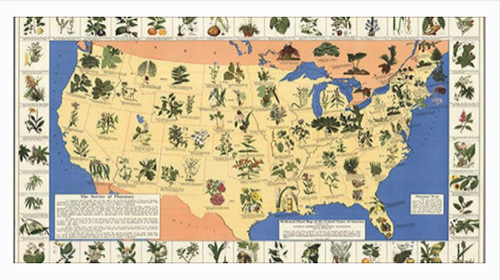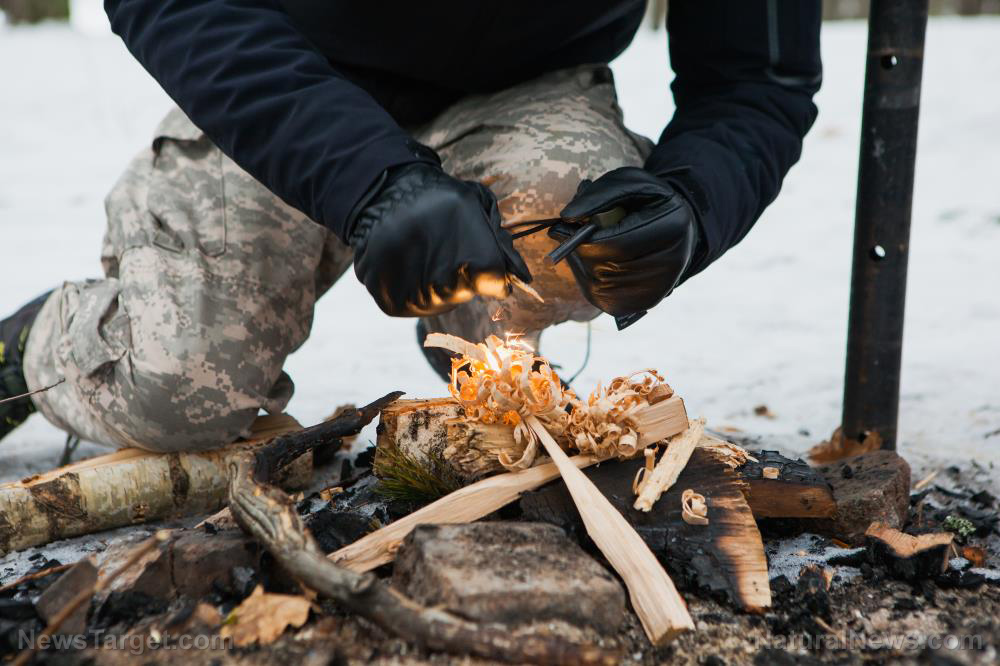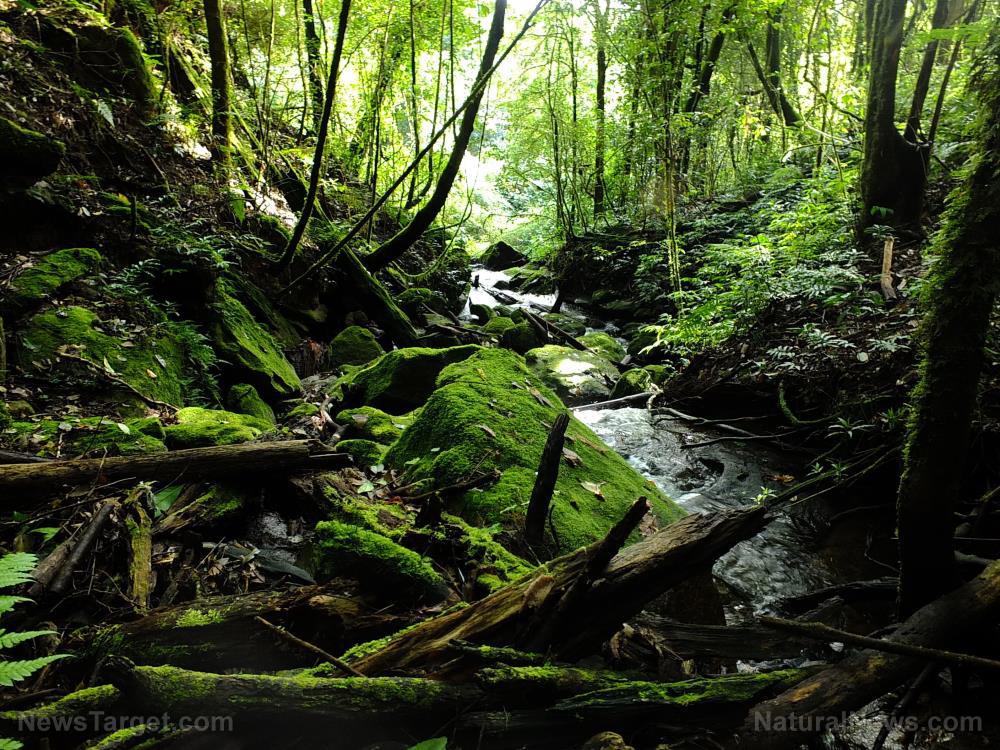Stay alive: Don’t make these 7 mistakes in wilderness survival
08/02/2018 / By Rhonda Johansson

You’ve heard it all before, haven’t you? Failing to prepare is preparing to fail; and while the repetition of the advice can become annoying, it is no less true because of it. The thing is — the REAL thing is — you never know what’s going to happen.
Even the most experienced preppers make mistakes. The difference, however, is how they prepare for emergency situations. Remember these seven mistakes to avoid when you are trying to survive in the wilderness.
- Overestimating ability, underestimating nature — Hey, it’s cool that you think you’re the greatest survivalist out there. Maybe you are. But remember that your adversary is Mother Nature herself. Novice preppers tend to miscalculate the risks involved in being out there in the wild. Many wilderness survival situations begin innocently enough; a fishing trip with friends, a planned father and son hunting trip, etc. Then things go very wrong, very fast. The only thing that you can do is plan for the unexpected. Before leaving on any trip, take the time to go through contingencies before you set off. This includes packing your emergency kit.
- Wearing the wrong clothes — This is part of planning, which a lot of people tend to forget. As a general rule of thumb, dress one layer warmer than you need to be. You can always take these off if the weather gets a little hot. It’s far worse to find yourself wanting a piece of clothing. Additionally, remember to dress in fabrics that can retain their warmth even after they become wet. If possible, wear a shell jacket and pants fit for rain and snow. Do NOT wear cotton if you going in the wild. Cotton increases the likelihood for hypothermia, as it can absorb up to 27 times its weight in water.
- Not having good navigation tools — Technology is there for a reason. Take advantage of every single tool that can help you navigate. Do not attempt to go out in the wild without a map, compass, or GPS. You are flirting with disaster, and she gives a very wicked kiss.
- Being oblivious to signal plans — Before going out, make sure you know how to signal for help. Many outdoor stores have a whole section dedicated to these devices. They can range from the common whistle to the more complicated fire starting device. We recommend purchasing a good radio, a set of bright clothes (that would be visible in the dark), and emergency beacon devices such as ACR or SPOT. If you find yourself without these tools, at least have a basic understanding of how to create an emergency signal using rocks, snow, dirt, or trees.
- Having no idea how to start a fire — Fire serves many purposes. The first, obviously, is that it provides warmth to you and your family. Secondly, a fire will also protect you from predators — you can use a long burning stick to scare away an animal. Fire can also be used to boil water and keep drinking water safe. Remember to keep several methods of making fire when you travel in the woods. If not, learn how to start a fire the old-fashion way of rubbing two sticks together.
- Not knowing how to find drinkable water — You need water to survive. In a survival situation, this can become difficult. Waterborne organisms can cause vomiting or diarrhea that increase dehydration and reduces your chances of surviving. If you can, try bringing devices that can purify water or that can catch rain water or dew. There are also other great techniques on how to find water using basic navigation skills.
- Not knowing how to find shelter — This is a two-fold mistake in wilderness survival. The first is not having the proper shelter with you, the second is not knowing how to build one using nature. Wilderness survival is often dependent on how exposed you are. Hypothermia or heat stroke can be avoided with the proper shelter. If you cannot bring a shelter with you (such as a tent, tarp, sleeping bag with bivvy, etc.), make sure that you have the knowledge to build one.
Most importantly, remember to keep calm whenever you’re in a survival situation. Panicking not only exhausts mental energy, it makes you physically tired as well. Learn to relax, take stock of where you are, and remember this article. The tips listed here should buy you enough time to stay alive and find help.
Sources include:
Tagged Under: Gear, off grid, planning, preparedness, survival, Survival Tips, wilderness survival


